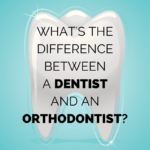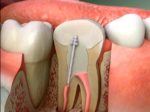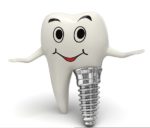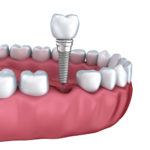Dental and oral health maintenance is an important aspect of a healthy lifestyle. And people should be made aware of the types of surgeons or dentists they should visit for proper oral treatment. Below are the dental specialists and dental procedures available to help readers address their different dental problems.
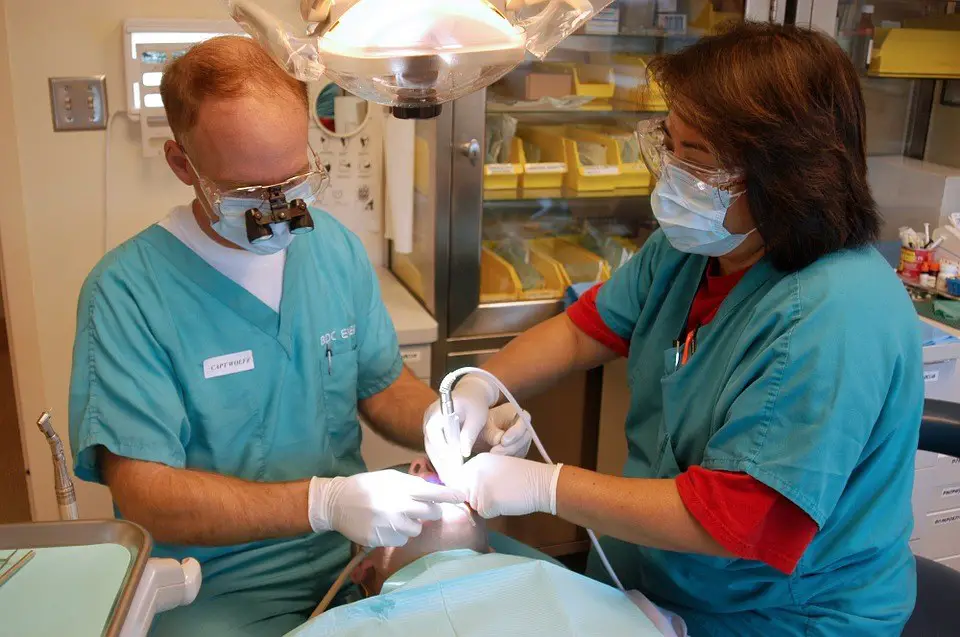
Types of dental practitioners
- Endodontists. Endodontists mainly focus on problems that contribute to tooth decay, including a tooth’s nerve. They specialise in treating root canals, which is essential when the tooth’s nerve is damaged. If the gums are tainted or the teeth are affected, a general dentist will likely refer a patient to an endodontist. Endodontists are experts in providing relief to dental patients with tooth and nerve decay.
- General dentists. Daily brushing of your teeth and regular screening are usually recommended by a general dentist. If a general dentist is unable to treat a patient, they will refer a patient to other specialists. General dentistry is typically one of the common types of dentistry known worldwide.
- Orthodontists. A dental surgeon who corrects the location of the teeth and jaw is called an orthodontist. If a person has an underbite, overbite, or crossbite caused by a malformed jaw, then they should visit this dental specialist. Orthodontists correct misaligned teeth with their dental equipment. They use simple alignments, braces, headgear, palatal expanders or retainers as part of the patient’s treatment. Children born with misaligned jaws or teeth are generally referred to an orthodontist, but in recent times, people of all ages visit orthodontists to treat any issues with their teeth or jaws.
- Paediatric dental surgeon. A paediatric dental surgeon is similar to a paediatrician but for the oral treatment of infants. Children from their early childhood to puberty develop proper habits in dental care and oral growth. A paediatric dental surgeon can help children keep their happy and long-lasting smile. Most general dentists may also treat children, but parents prefer paediatric surgeons for their vast experience and expertise in a children’s dentistry. They provide instructions for routine care such as washing, examinations and tooth filling and address child-specific problems such as thumb sucking.
- Periodontist. A periodontist is a specialist in diagnosing, preventing and treating gums and providing cosmetic dental procedures such as dental implants. They are also specialists in treating gum-related diseases. Initial stages of gum disease are identified and treated by periodontists. They perform minor surgeries with dental equipment available to them to help alleviate serious gum infections and improve a patient’s condition. Periodontists are also able to install dental implants, if required, and extend existing dental crowns. Patients visit periodontists in case of chronic and severe gum disease or when they have a history of minor gum problems.
- Prosthodontist. Prosthodontists help replace or recover damaged or lost teeth. This dental specialist provides patients with all the treatments for a functional, beautiful and normal smile. Prosthodontists use specific dental equipment for procedures or treatments like porcelain veneers, crowns, dental implants and dental rehabilitation including dental bridges. To replace or repair a damaged tooth, a general dentist may suggest visiting this type of specialist.
Types of dental and oral surgeries
- Dental implants. With dental implants, a metal post is inserted into the jawbone after removing a damaged or decayed tooth. The metal post fuses with the bone and the gum over time. This creates a strong base for placing an external tooth or crown for normal dental function.
- Biopsy test. Biopsy tests are done for diagnosing all forms of oral cancer and if there are suspicious lesions in the teeth. In this test, a small tissue is removed and then sent to the lab for further analysis.
- Jaw surgery. Jaw surgeries can treat a patient’s issues, not only with the jaw’s aesthetics but also restores and realigns the jaw to return to normal function.
- Sleep apnea. If other dental treatments do not provide relief for patients who suffer from severe sleep apnea, dental specialists remove excess tissue from the teeth to help decrease the symptoms significantly.
Final takeaway
Every person should visit a general dentist at least once a year for proper oral health. So visit a dentist so you don’t suffer from any dental issues and keep smiling!


